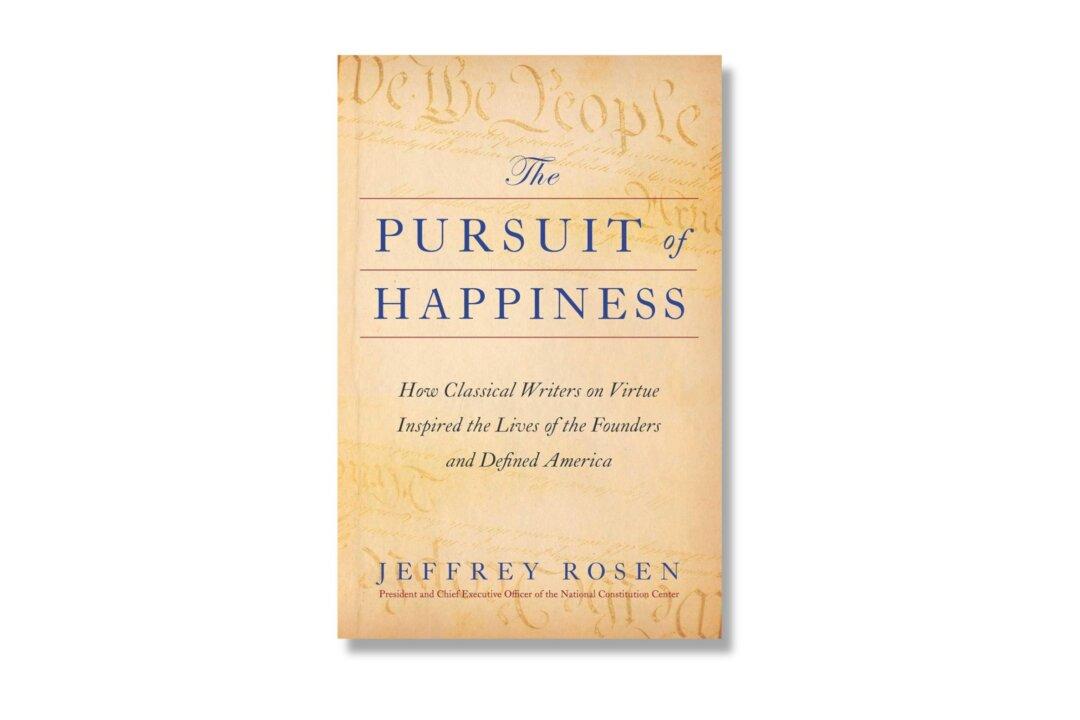A common saying is that we stand on the shoulders of giants. Americans stand on the shoulders of their forebears, specifically the founders of this republic. But whose shoulders did the founders stand on?
Jeffrey Rosen, president and CEO of the National Constitutional Center and one of the most respected American constitutional scholars, spent his time wisely during the pandemic. He studied the philosophers, scholars, and religious leaders—Benjamin Franklin, George Washington, Thomas Jefferson, John Adams, George Mason, John Quincy Adams, Frederick Douglass, and Abraham Lincoln—who influenced the views of later 18th- and 19th-century Americans.






